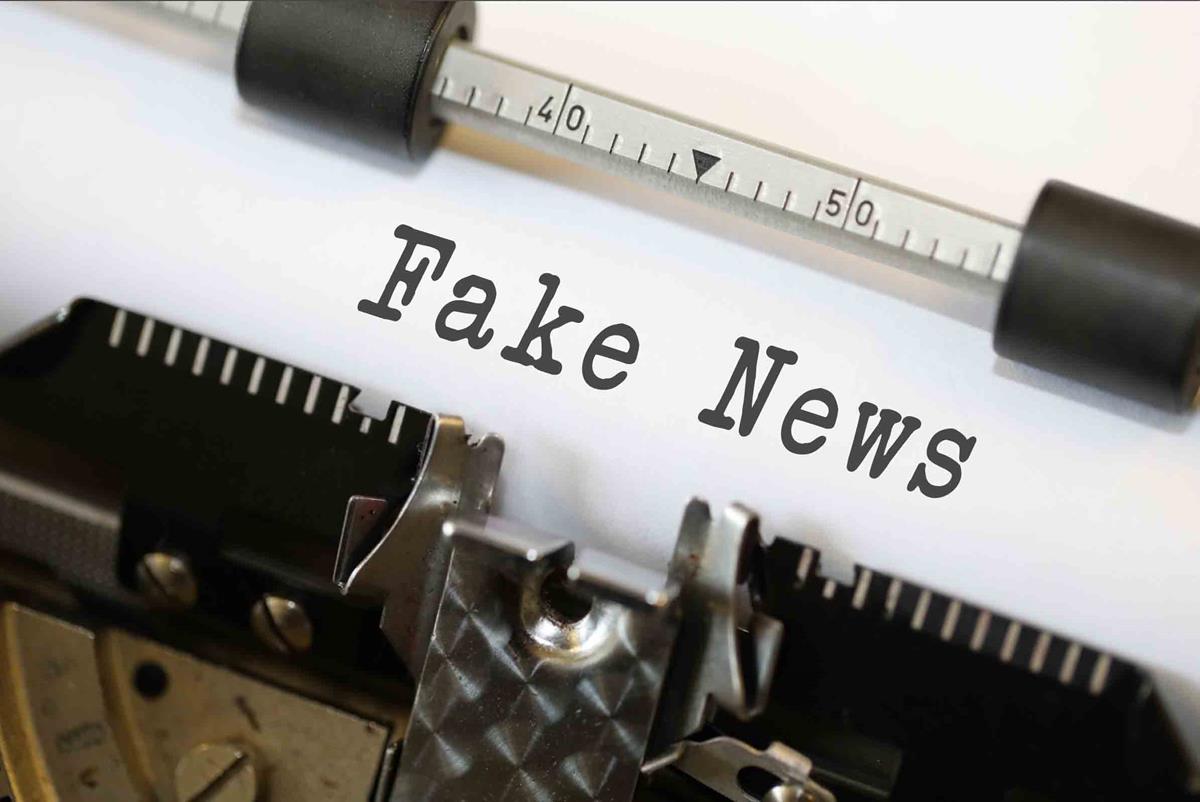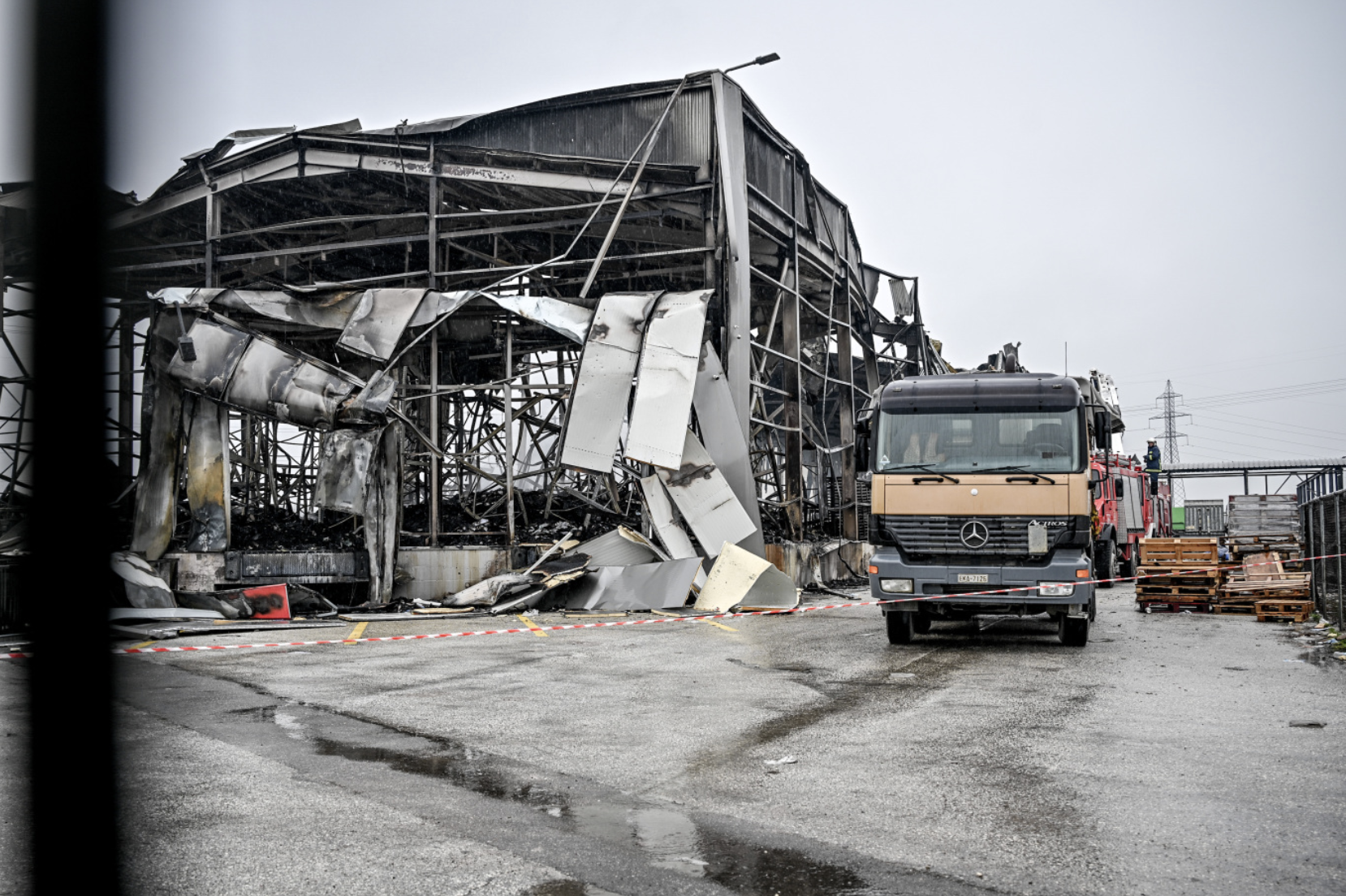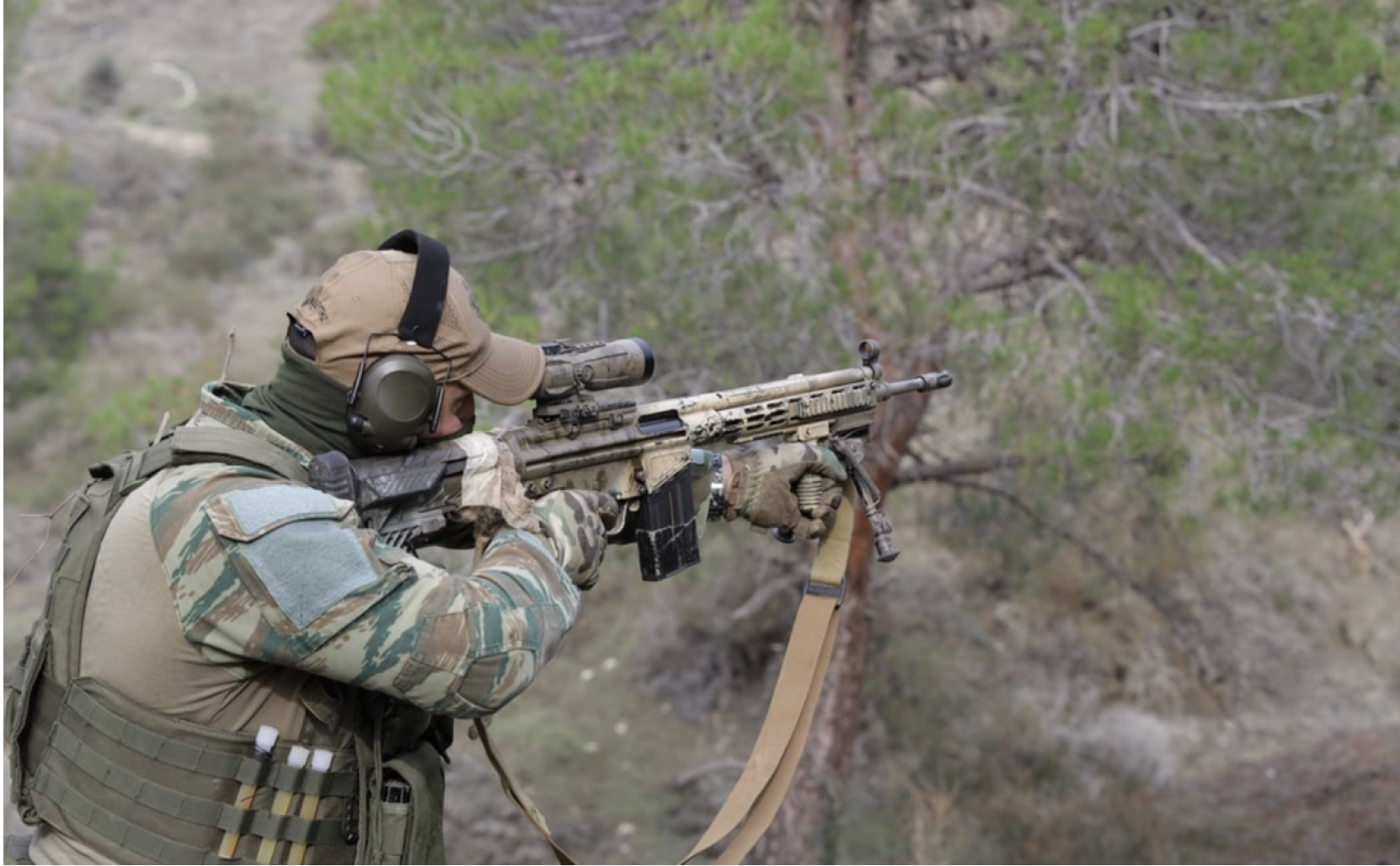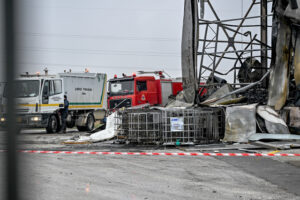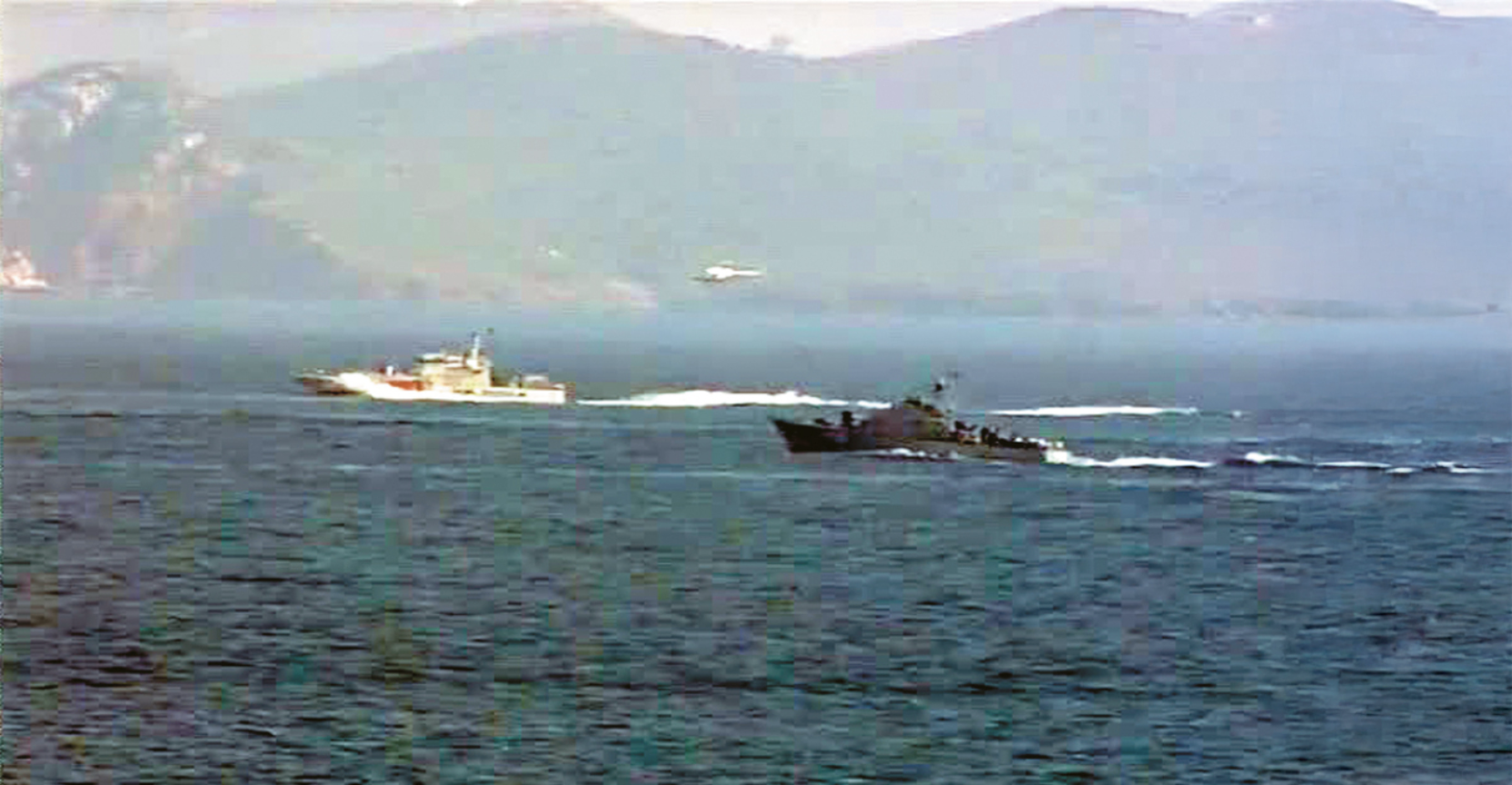In an era where the term “fake news” is thrown around at a drop of a hat at ones’ “foes” to attack their personal integrity or credibility in order to push political narratives or defend agendas and conceal biases, a voice like Glenn Greenwald is truly a breath of fresh air in the public arena.
The 51-year-old reporter-author, who broke the bombshell Snowden case of a joint global US and British surveillance programme in 2013 for British newspaper Guardian, can safely be regarded as one of the few media commentators with gravitas whose professional integrity is impeccable.
Recently, Buzzfeed revealed a so-called bombshell allegedly proving US President Trump had ordered his then lawyer Michael Cohen to lie to Congress on Russia. Most media outlets and pundits took the story without even trying to corroborate of fact check it and run with it. However, a day after the story was out, special Counsel Robert Mueller dubbed the story completely false leaving most mainstream media outlets with eggs on their faces (once more).
In an expose for Intercept titled “Beyond BuzzFeed: The 10 Worst, Most Embarrassing U.S. Media Failures on the Trump-Russia Story”, Glenn Greenwald lays out ten of the most journalistic failures on the Trump-Russia “saga”.

BUZZFEED WAS ONCE notorious for traffic-generating “listicles,” but has since become an impressive outlet for deep investigative journalism under editor-in-chief Ben Smith. That outlet was prominently in the news this week thanks to its “bombshell” story about President Trump and Michael Cohen: a story that, like so many others of its kind, blew up in its face, this time when the typically mute Robert Mueller’s office took the extremely rare step to label its key claims “inaccurate.”
But in homage to BuzzFeed’s past viral glory, following are the top ten worst media failures in two-plus-years of Trump/Russia reporting. They are listed in reverse order, as measured by the magnitude of the embarrassment, the hysteria they generated on social media and cable news, the level of journalistic recklessness that produced them, and the amount of damage and danger they caused. This list was extremely difficult to compile in part because news outlets (particularly CNN and MSNBC) often delete from the internet the video segments of their most embarrassing moments. Even more challenging was the fact that the number of worthy nominees is so large that highly meritorious entrees had to be excluded, but are acknowledged at the end with (dis)honorable mention status.Note that all of these “errors” go only in one direction: namely, exaggerating the grave threat posed by Moscow and the Trump circle’s connection to it. It’s inevitable that media outlets will make mistakes on complex stories. If that’s being done in good faith, one would expect the errors would be roughly 50/50 in terms of the agenda served by the false stories. That is most definitely not the case here. Just as was true in 2002 and 2003, when the media clearly wanted to exaggerate the threat posed by Saddam Hussein and thus all of its “errors” went in that direction, virtually all of its major “errors” in this story are devoted to the same agenda and script:
read more at theintercept.com
Ask me anything
Explore related questions
